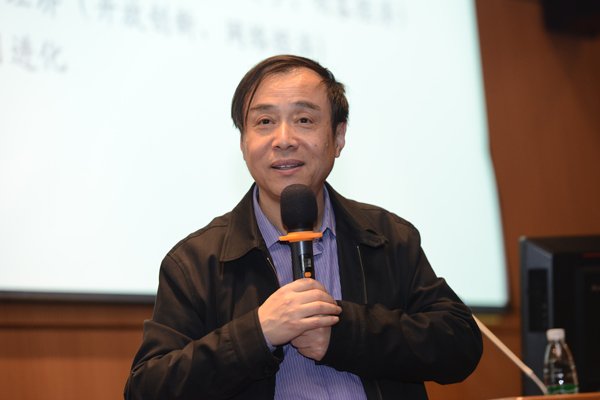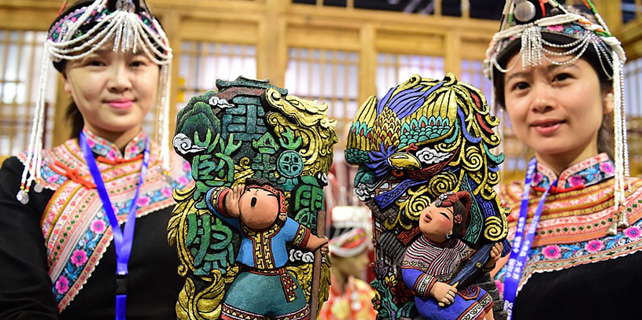Expert advice on the next industrial revolution
 |
|
Li Yuan, director of the development and reform strategic committee at the school of economics and management at Tongji University, has shared the latest findings in the business management sector to support the Made in China 2025 strategy. [Photo provided to chinadaily.com.cn] |
Tongji University expert says China must prepare for next industrial revolution
Li Yuan, director of the development and reform strategic committee at the school of economics and management at Tongji University, has shared the latest findings in the business management sector to support the Made in China 2025 strategy.
Li said at a recent forum that he believes that a new round of competition in the manufacturing sector has started, after both the United States and Germany released plans for supporting industrial development. Compared with its peers in developed countries, China's manufacturing industry is relatively weak in innovation capacity due to lack of control over core technologies, and well-established supportive systems, he said.
"We have to catch up with developed countries and we have to innovate," he said."We should develop our own development strategies based on China's real situations instead of indiscriminately imitating what has been done in developed countries."In response to new market demand, China will have to make significant changes in innovation models in upcoming years, he said. For instance, platform and system innovations will be more important than those in single product. Innovation should be driven by clients rather than enterprises. More virtual reality products will enter the market, he said.
According to Li, to achieve their goals, businesses will have to develop completely new innovation systems to support this new round of industrial revolution.
"I've named this new model '6I'," Li said. The 6I model includes integrated management and inclusive cultures. Li discussed six case studies that covered companies including telecom giant Huawei Technologies and home appliance manufacturer Haier to help entrepreneurs and business operators better understand his 6I model. Li said that China's businesses are connected by the internet of things, the internet of services and networks between people. Thus becoming increasingly IT-based, and internet-connected and providing "smarter" products and services are some of the key features of the current business environment in China." Those features raise higher requirements for innovation in strategic plans, industrial structures and working mechanisms" Li said. "Businesses should also keep upgrading their management systems."









